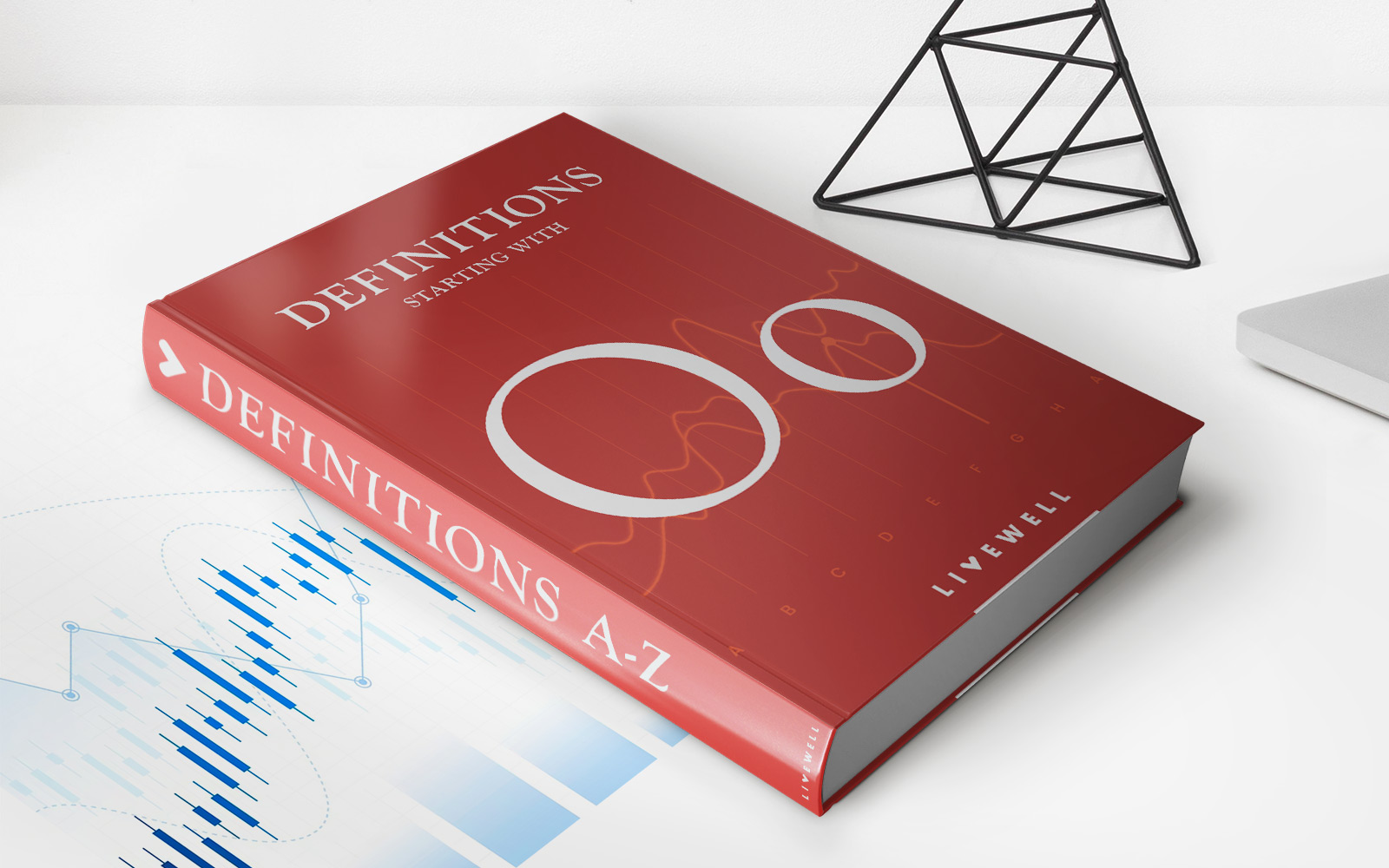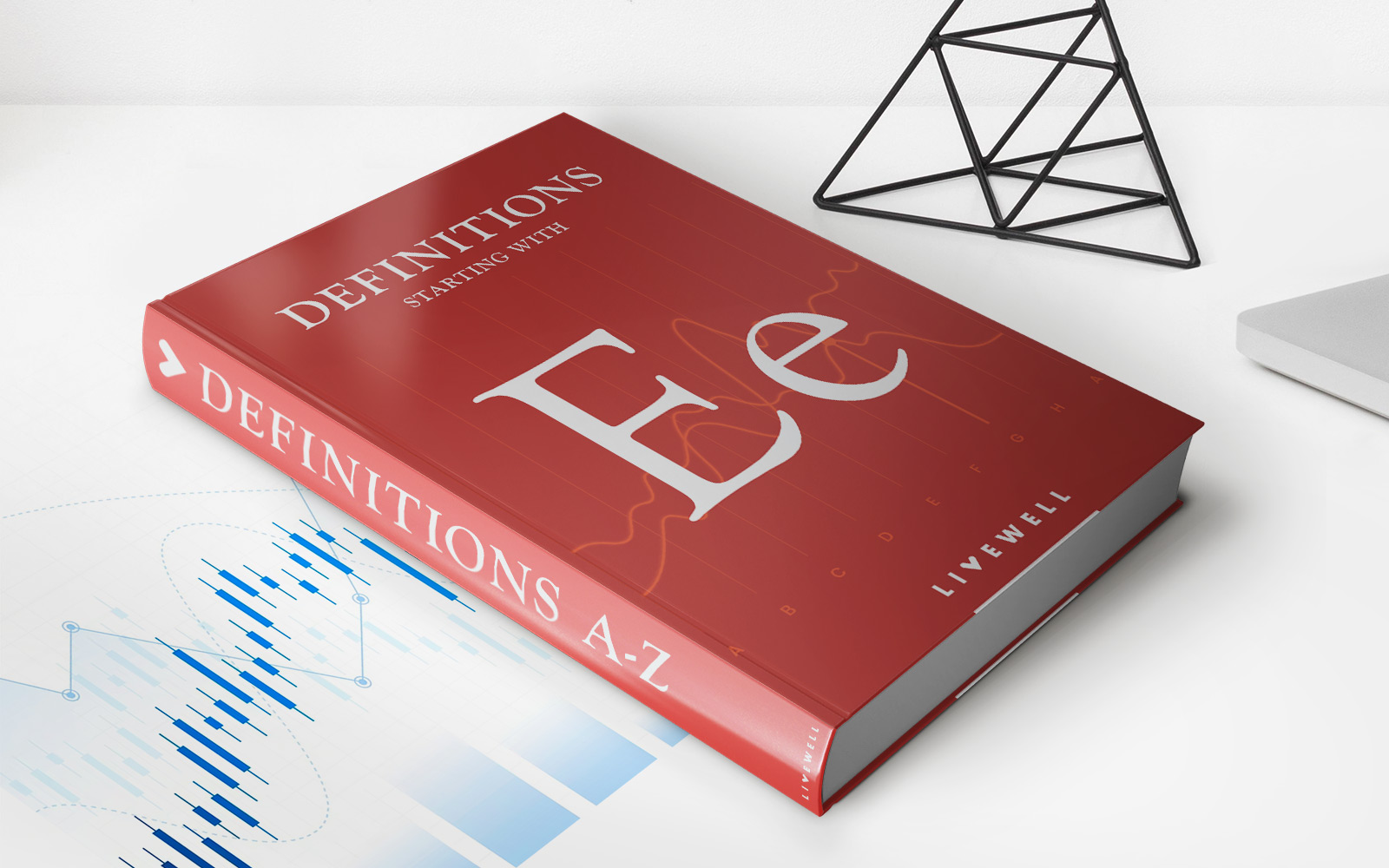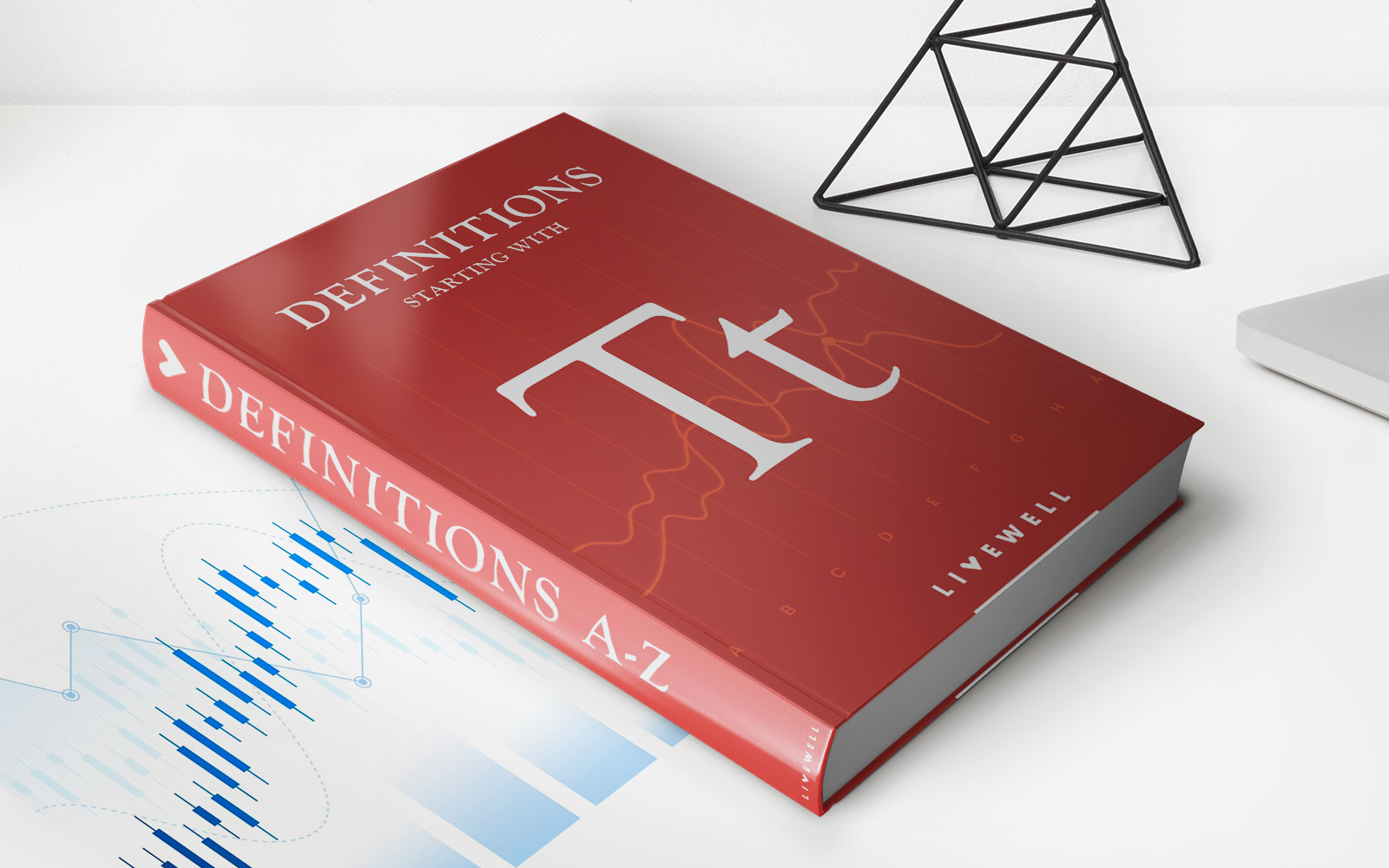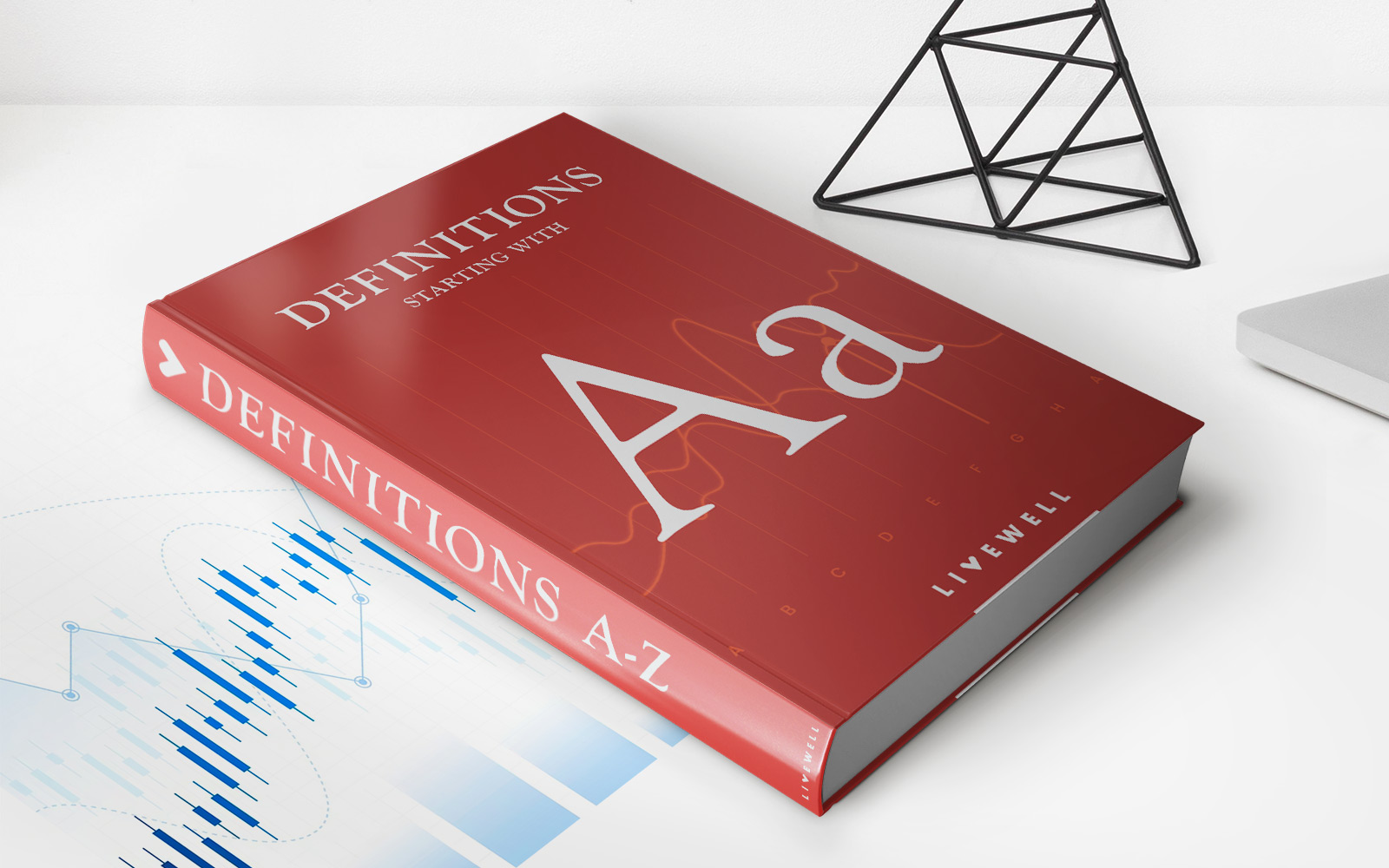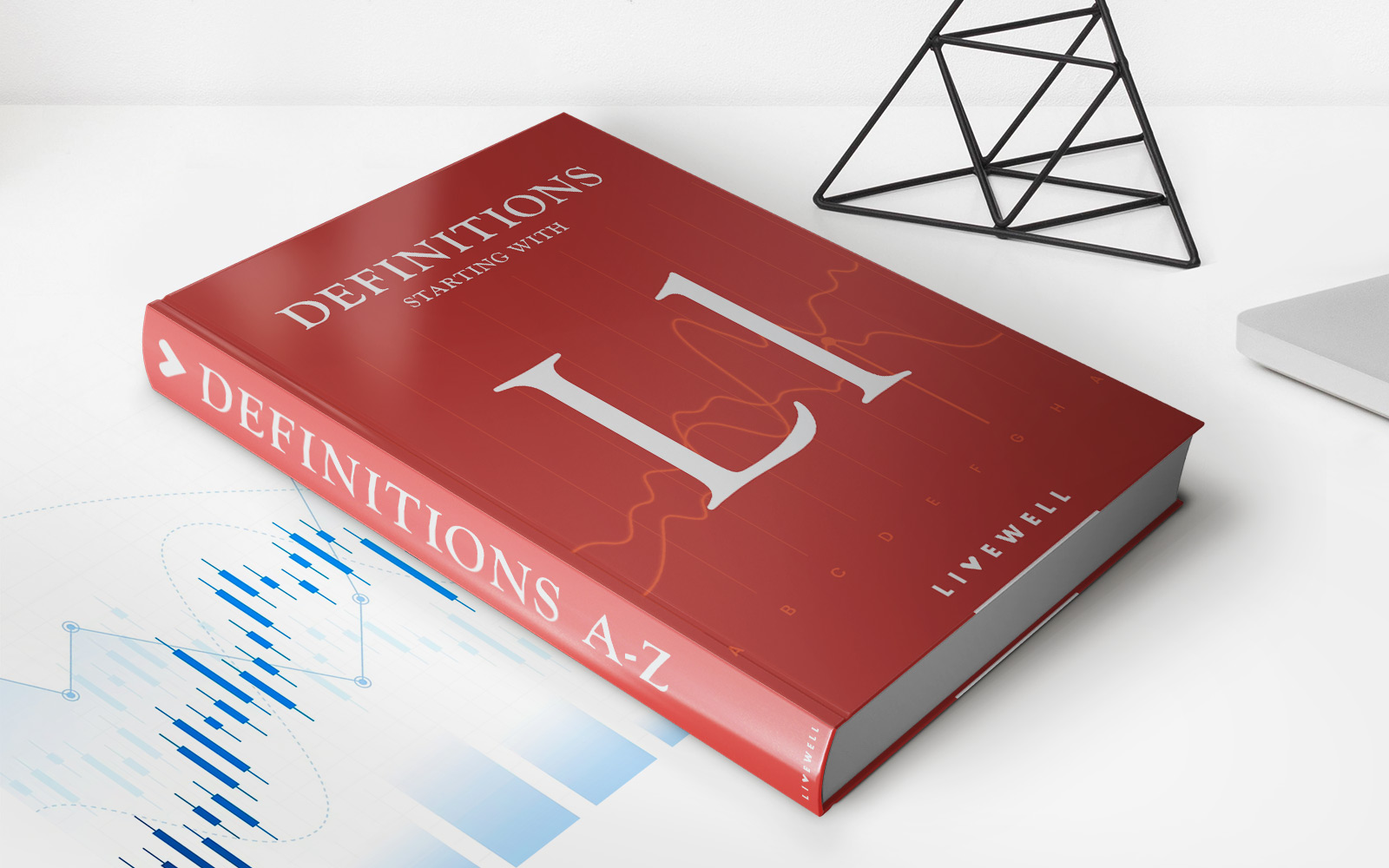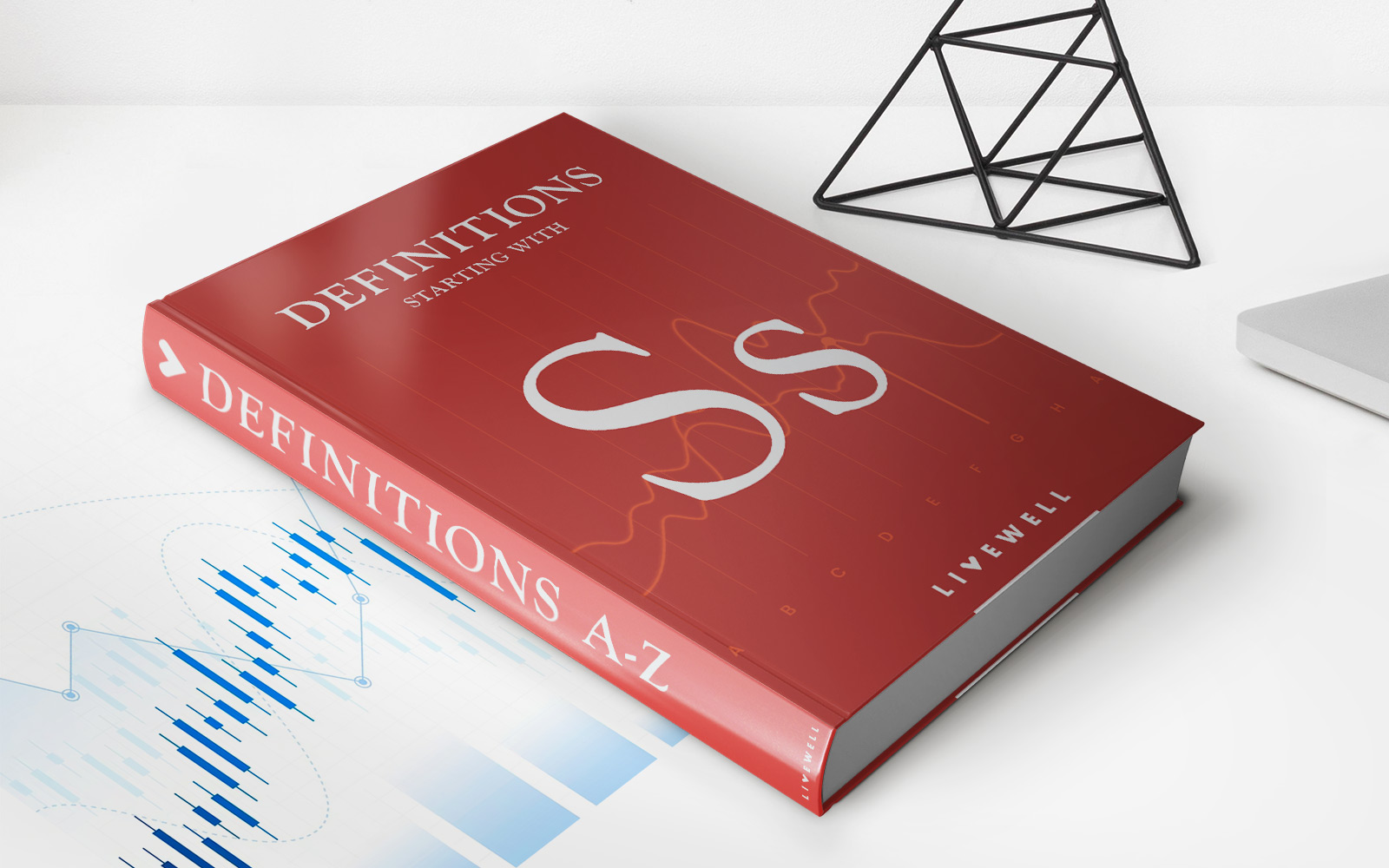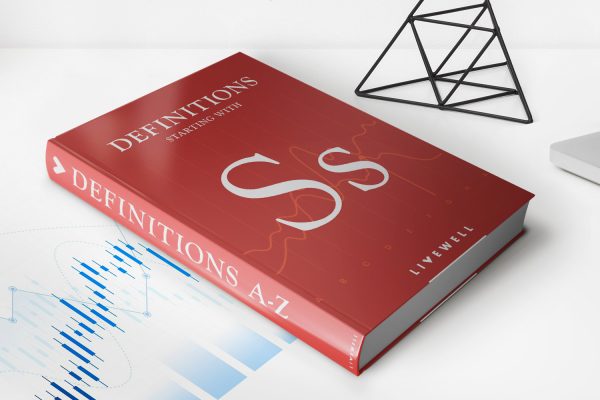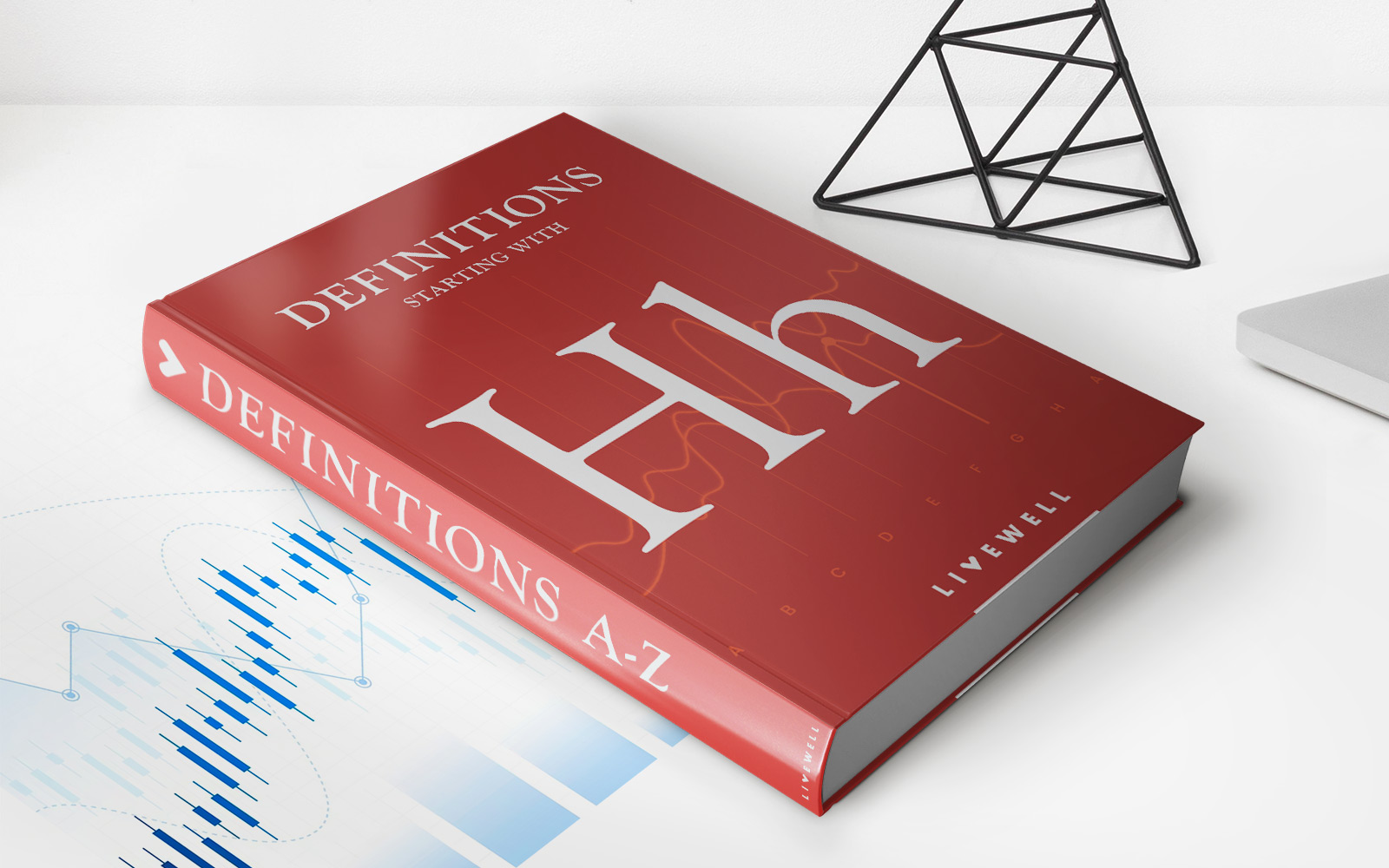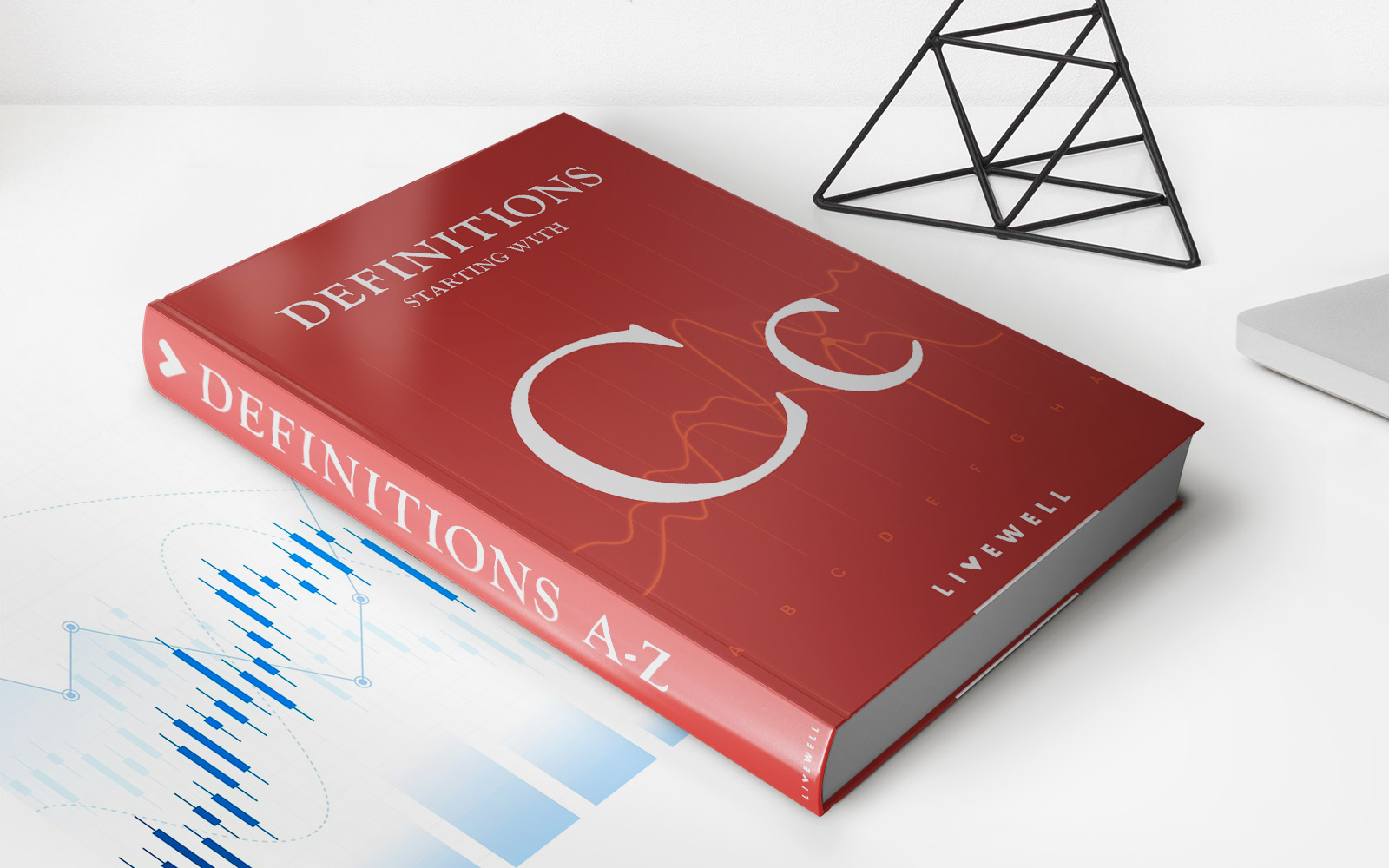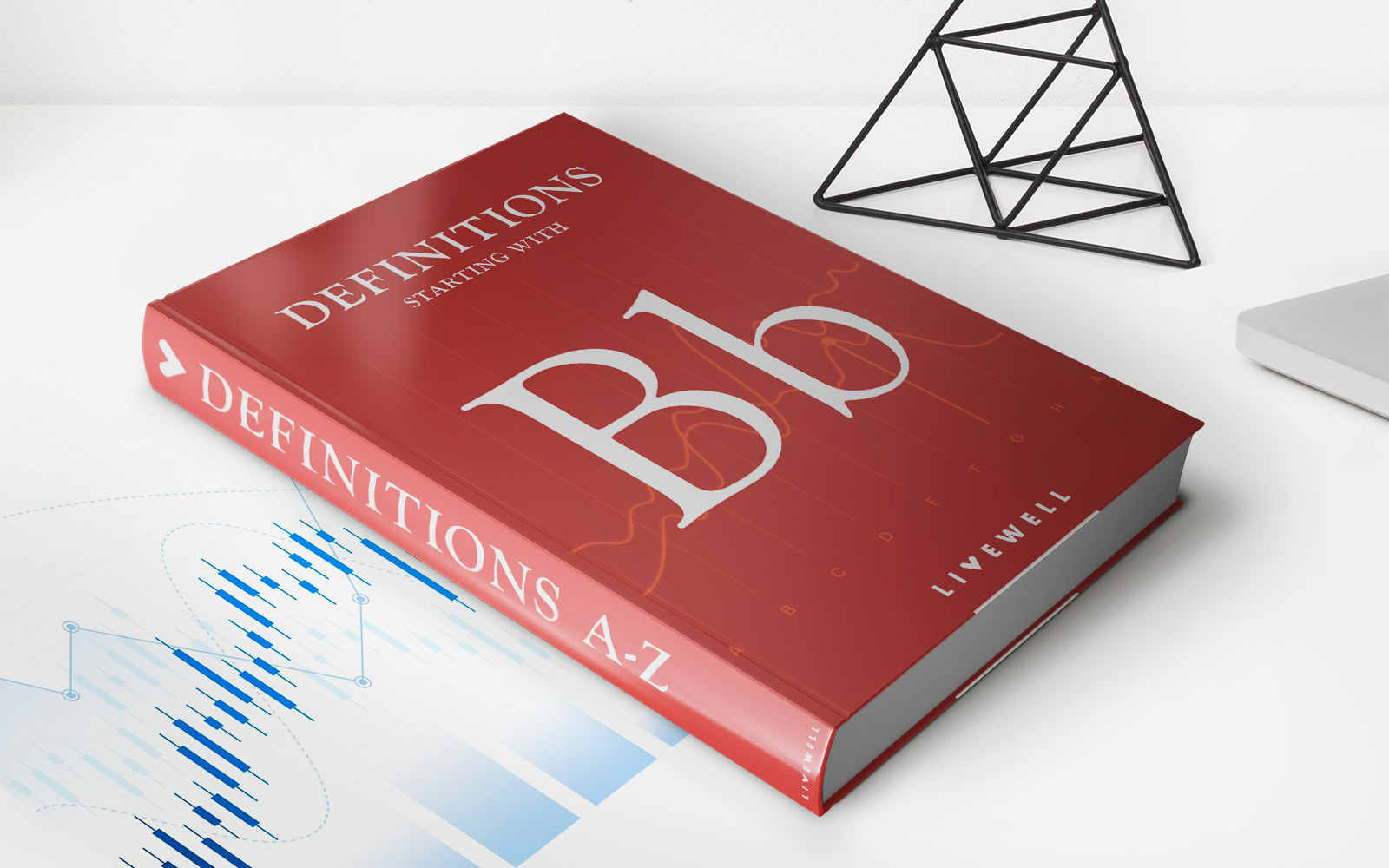Home>Finance>Permanent Income Hypothesis: Definition, How It Works, And Impact
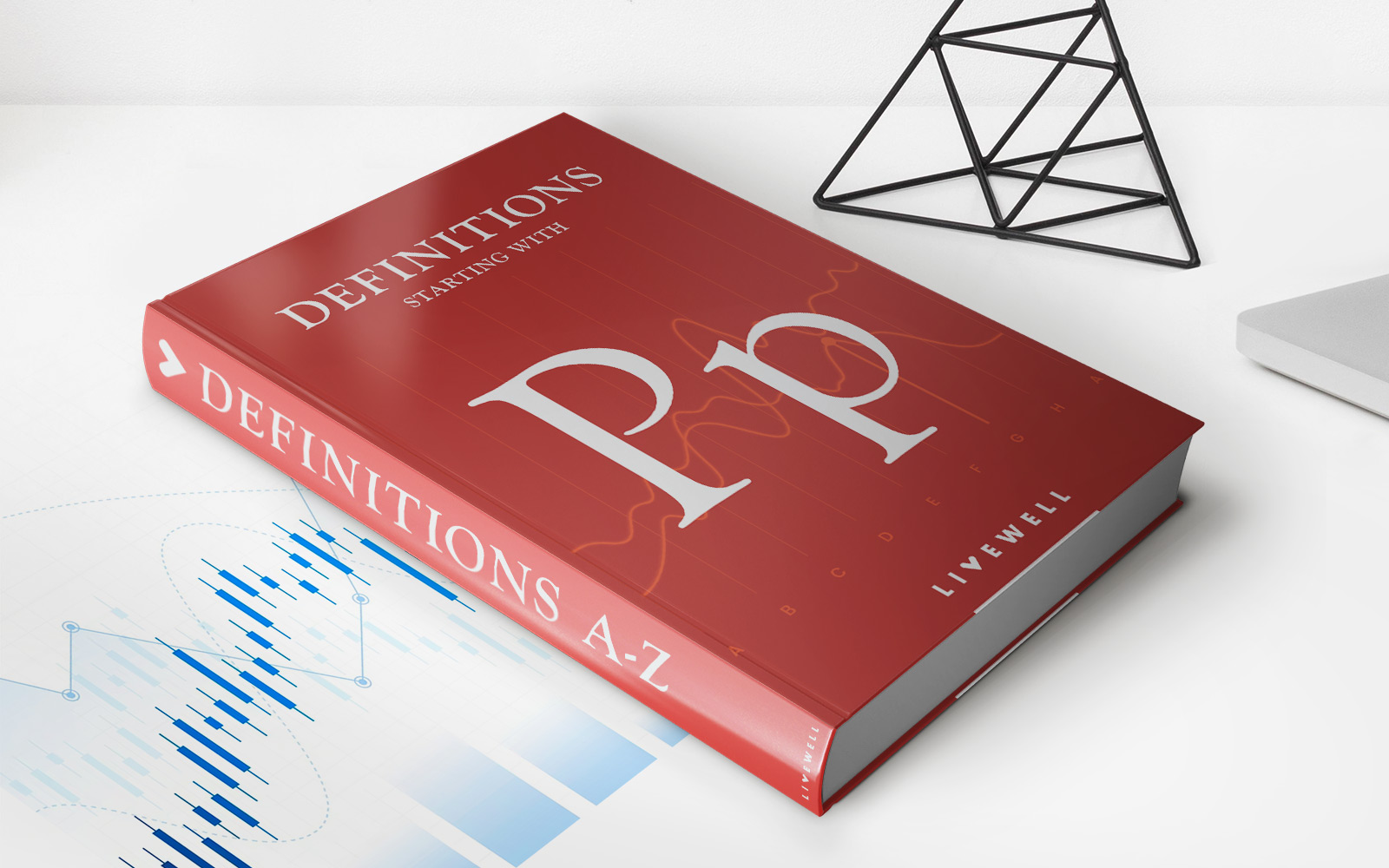

Finance
Permanent Income Hypothesis: Definition, How It Works, And Impact
Published: January 7, 2024
Learn about the Permanent Income Hypothesis in finance, its definition, how it works, and the impact it has on financial decision-making.
(Many of the links in this article redirect to a specific reviewed product. Your purchase of these products through affiliate links helps to generate commission for LiveWell, at no extra cost. Learn more)
Unlocking the Secrets of the Permanent Income Hypothesis
When it comes to understanding personal finances, there are several theories and concepts that can help us make better decisions about saving and spending. One such theory that holds a key place in the world of financial planning is the Permanent Income Hypothesis (PIH). In this blog post, we will delve into the essence of PIH, how it works, and the impact it can have on our financial well-being.
Key Takeaways:
- Permanent Income Hypothesis (PIH) suggests that individuals base their current consumption on their long-term average income.
- Personal saving rates and spending patterns can vary based on the belief that income changes are often temporary and individuals attempt to smooth their consumption over time.
So, what exactly is the Permanent Income Hypothesis? Developed by Nobel laureate Milton Friedman in the late 1950s, PIH posits that individuals make consumption decisions based on their long-term average income rather than on short-term fluctuations. In other words, people tend to smooth out their consumption patterns over time, anticipating future income changes and adjusting their spending and saving habits accordingly.
According to Friedman, individuals perceive temporary changes in income as transitory and do not significantly impact their consumption behavior. Instead, they prioritize maintaining a consistent standard of living, which leads them to save during times of high income and borrow during periods of low income to achieve this equilibrium. Thus, the Permanent Income Hypothesis suggests that people’s spending decisions are determined by their permanent or long-term income expectations rather than their current income situation.
How does the Permanent Income Hypothesis work in practice? Let’s consider an example. Imagine you receive a substantial bonus at work. While it might be tempting to go on a spending spree, adhering to the principles of PIH would suggest that you save a significant portion of that bonus to smooth out any future income fluctuations. By saving instead of splurging, you are aligning your spending patterns with your long-term average income and prioritizing financial stability over short-term gratification.
Now, let’s explore the impact of the Permanent Income Hypothesis. Understanding and applying PIH can have several benefits for individuals and families:
- Improved Financial Planning: By considering long-term income expectations rather than temporary changes, individuals can better plan for their financial future and make more informed decisions regarding saving, investing, and budgeting.
- Reduced Financial Stress: Viewing changes in income as temporary can help individuals avoid panicking or overreacting during periods of financial instability. Instead, they can rely on the belief that their long-term income will eventually stabilize, enabling them to make sustainable financial choices.
- Increased Saving Rates: Since individuals base their consumption decisions on long-term income expectations, following the Permanent Income Hypothesis may encourage higher saving rates. This can result in a more secure financial position and provide a safety net during emergencies.
In conclusion, the Permanent Income Hypothesis offers valuable insights into how individuals make consumption decisions based on their long-term average income. By understanding and applying the principles of PIH, we can enhance our financial planning, reduce stress, and achieve a more stable and secure financial future. So, the next time you face a financial windfall or setback, consider the wisdom of the Permanent Income Hypothesis and make financial decisions that align with your long-term goals.
